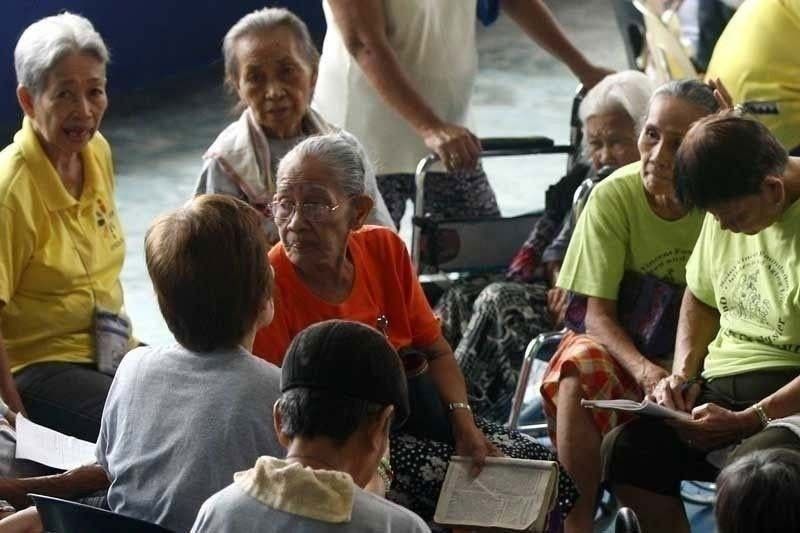
MANILA – The flexible work arrangement in the public sector is the Civil Service Commission’s (CSC) “response” to the new normal deemed effective following the pandemic.
According to CSC commissioner Aileen Lizada, institutionalizing flexible work arrangements is the commission’s “answer to the new normal for the government” in order to continue giving effective public service.
“Na-experience ng HR [human resources] ng 1.7 million employees ‘yung challenges natin during the pandemic kaya naka-issue tayo earlier ng dalawang MC [memorandum circular] covering ho ito – MC 10 and 18 – kaso ang MCs na ito ay hanggang (The HR, the 1.7 million employees the challenges during the pandemic so we issued earlier two MCs covering this – MC 10 and 18 – however these MCs are until) September only 2022 which is just up to the date of declaration of national emergency or unless earlier revoked,” she said.
Last May 31, CSC Resolution No. 2200209 or the approved flexible work arrangement was published, which will take effect 15 days after its publication or on June 15.
The flexible work arrangements are at the discretion of the agency’s head, provided that all stakeholders are assured of uninterrupted service delivery from 8 a.m. to 5 p.m.
It ensures safe working environments for government officials and employees while they carry out their public-sector responsibilities.
It also enables suitable work arrangements for senior citizens, pregnant and nursing mothers, immunocompromised individuals with medical ailments, and people who have had accidents that have limited their mobility but can still function physically and mentally.
“Kaya minabuti po ng komisyon na institutionalize ang polisiya on flexible work arrangements para kung anong dumating sa atin (The commission institutionalized the policy on flexible work arrangements so that whatever comes to us), we are able to anticipate, the heads of agencies will be able to adapt easily, and we are an agile HR,” Lizada said.
The flexible work arrangement in the government applies to employment with regular appointments, such as permanent, temporary, substitute, provisional, co-terminus, fixed term, casual, and contractual positions that have been filed to the CSC.
“’Yung mga COS [contract of service] and job orders (JOs) po, hindi sila covered ng polisya na ito (The COS and JOs are not covered by this policy), but the DBM [Department of Budget and Management] and COA [Commission on Audit] may formulate a parallel issuance for the COS and JO in consideration of this policy,” she added.
The work arrangements include:
(1) Flexiplace – officials and employees may be authorized to render services away from their office;
(2) Compressed work week – the 40-hour work week is compressed into four days or less, instead of five;
(3) Skeleton workforce – a minimum number of personnel will be required to report to the office when full staffing is not possible;
(4) Work shifting for agencies required by law to operate 24/7 or agencies required to observe workplace health and safety protocols;
(5) Flexitime, where employees are allowed to report between 7 a.m. to 7 p.m. provided they complete the required 40-hour workweek; and
(6) Combination of flexible work arrangements that may be adopted by an agency according to what is appropriate or applicable to its mandate and functions.








https://gamesmaker.ru/forum/topic/11987/ – зазакать букет здесь, цветов
[url=https://internet-television.net/]https://internet-television.net/[/url] – Internet Television, Regarder la television en ligne